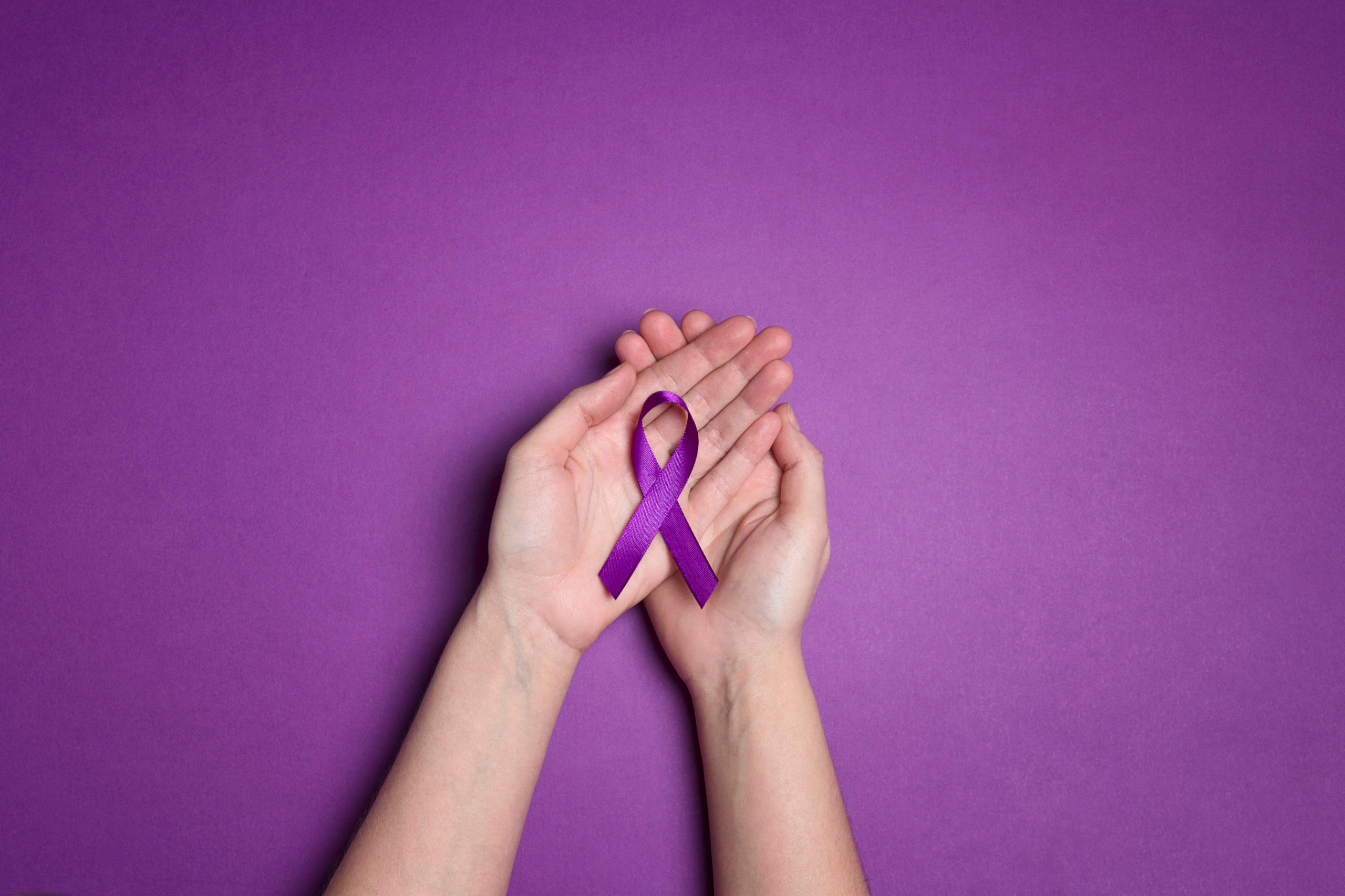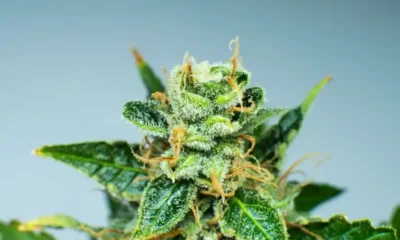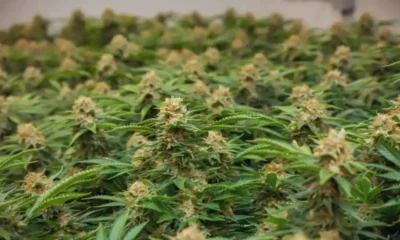Connect with us
Published
3 years agoon

According to the results of a newly published study in the peer-reviewed journal Epilepsy & Behavior, epilepsy patients who used nonprescription cannabidiol (CBD) products reported a higher quality of life and better sleep than patients who did not take the cannabinoid.
The study also found that patients who used CBD products also better tolerated epilepsy medications, used fewer prescription medications overall, and experienced reduced psychiatric symptoms such as anxiety.
No significant differences in seizure control were observed between patients who used CBD and those who did not, but the study’s author noted that “both groups included a higher number of individuals with no past month seizures.”
“These findings further emphasize the need for controlled research to determine optimal CBD product types, doses, and concomitant use of other medications that maximize possible clinical benefit while minimizing potential risks,” the report says.
The study, “Cross-sectional and Longitudinal Evaluations of Cannabidiol (CBD) Product Use and Health Among People with Epilepsy,” focuses specifically on what authors call “artisanal CBD”—alternatives to the prescription drug Epidiolex, which the U.S. Food and Drug Administration (FDA) approved in 2018 to treat certain rare types of epilepsy.
“Pharmaceutical CBD is currently a restricted prescription medication, and insurance coverage is often limited to only those patients with the specific approved indications,” the report says. “As a result, a large number of patients with epilepsy elect to use alternative CBD products sold widely as dietary supplements by commercial vendors.
In collaboration with the John Hopkins University School of Medicine, the study and research was funded by Realm of Caring, a nonprofit foundation devoted to cannabinoid therapies that is sponsored by companies that make CBD products. To arrive at their conclusions, researchers analyzed the results of surveys returned by 280 epilepsy patients using so-called artisanal CBD products and 138 patients using no cannabis products.
Participants were selected using Realm of Caring patient registries and social media posts. Follow-up surveys were collected from a subset of 190 participants.
It was found that most patients (74 percent) were white, and roughly half (55 percent) were female. The average age was 21 years old, and most (90 percent) reported no history of non-medical or recreational cannabis use. A whopping 93 percent reported epilepsy as their primary condition, while the other seven percent developed epilepsy related to cancer autoimmune or neuropsychiatric conditions, sleep disorders or other conditions.
Although those who took CBD products reported fewer seizures than those who did not, the difference was not statistically significant. However, other measures of well-being were higher in patients who took CBD, and participants filled out standardized questionnaires on quality of life, pain, anxiety, depression, and sleep.
While some indicators, such as pain, did not meaningfully differ between the groups, artisanal CBD users reported greater health satisfaction. Sleep was significantly better among CBD users, and patients who used CBD were also less likely to meet the clinical threshold for anxiety. Those who used CBD also had lower odds of needing to go to the emergency room or calling in sick to work or school during the last month.
“Generally, higher quality of life, lower psychiatric symptom scores, and improved sleep were observed among people using an artisanal CBD product based on both cross-sectional and longitudinal comparisons,” the study says. “Artisanal CBD users reported significantly better epilepsy medication tolerability, a lower odds of prescription medication use, and traditional anticonvulsant use, and reduced healthcare utilization compared with controls.”
“These findings are consistent with research indicating that practitioners recommending CBD in clinical care for epilepsy report integrating the use of CBD both as a means to improve patient quality of life and as well as for seizure reduction,” the researchers noted.
Other patients, about one in five of the survey participants, reported adverse effects from CBD. These included drowsiness (11 percent), apparent worsening of epilepsy symptoms (four percent), high or prohibitive cost of CBD products (four percent), worries over legality (three percent), and either concerns about or experienced interactions with other drugs.
The authors acknowledge there are a number of limitations to the study. For instance, the fact that it is drawn from self-reported data.
“These limitations mean that we are not able to directly verify epilepsy characteristics and do not have control over factors like CBD dose or frequency of administration,” they wrote.
Overall, the study says, the findings “highlight real-world evidence for the possible utility of artisanal CBD products in a diverse and heterogeneous population of patients with epilepsy. Although the lack of a placebo control group precludes determination of efficacy, the consistent observation of clinically meaningful differences between groups at baseline and with controls who initiated artisanal CBD product use over time suggests that use of these products can improve health and quality of life for patients with epilepsy.”


Congressional Progressive Caucus Says Dems Can Legalize MJ By Winning House, Senate Majorities This November


Cannabis Industry Has 440,000 Full-Time Workers


Federal Register Proposes Adding Fentanyl, Removing MDMA From Drug Testing Panels


Feds File Charges Against Maine Weed Grower After Probe Spanning 20 States


The Cannabis Market Is Booming in Japan


German Authorities to Ban Cannabis Smoking, Vaping at Festivals Including Oktoberfest
